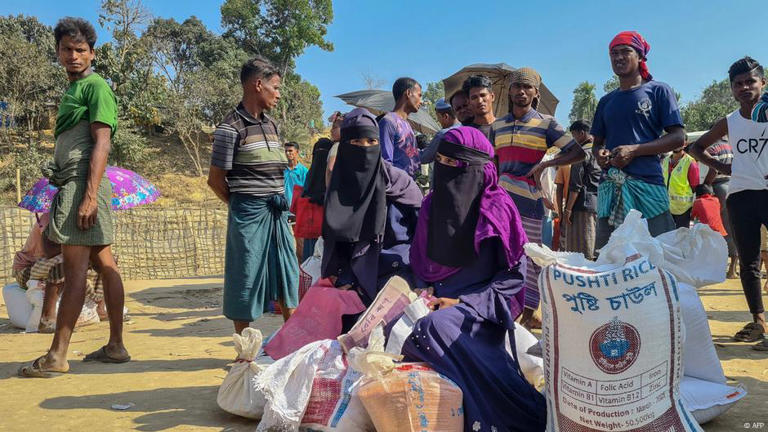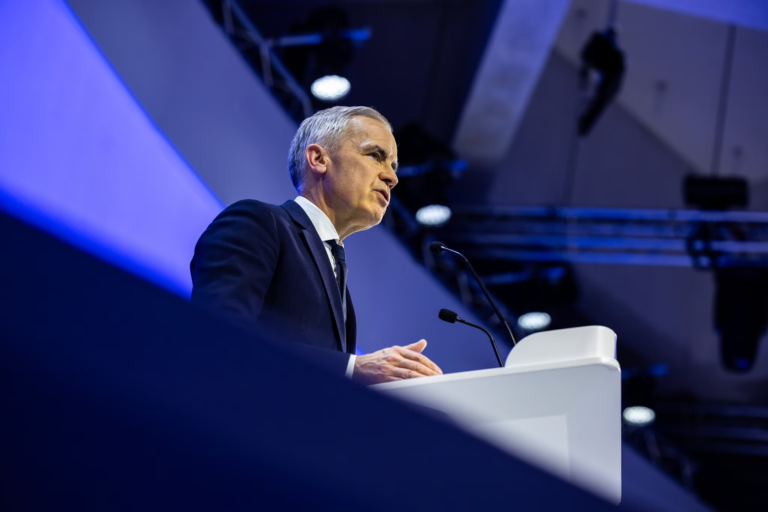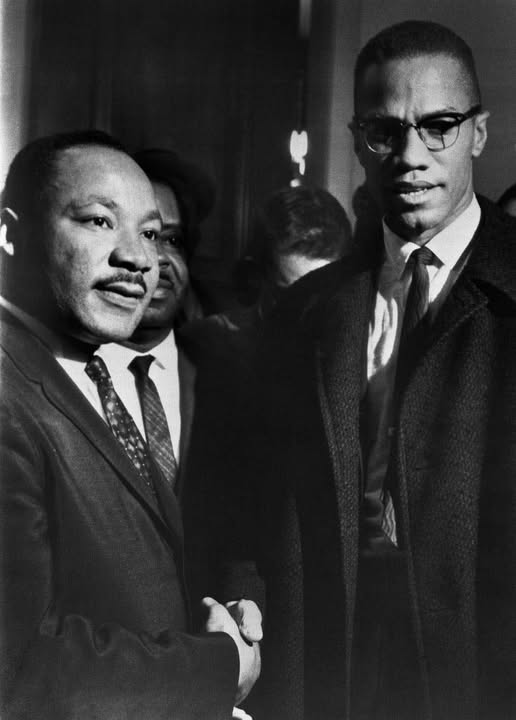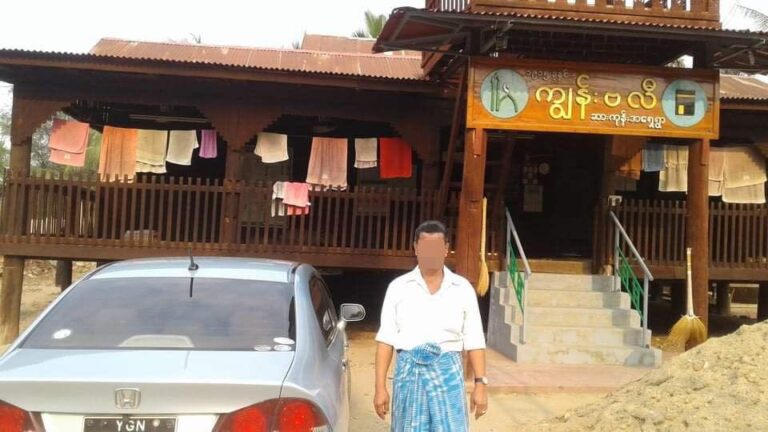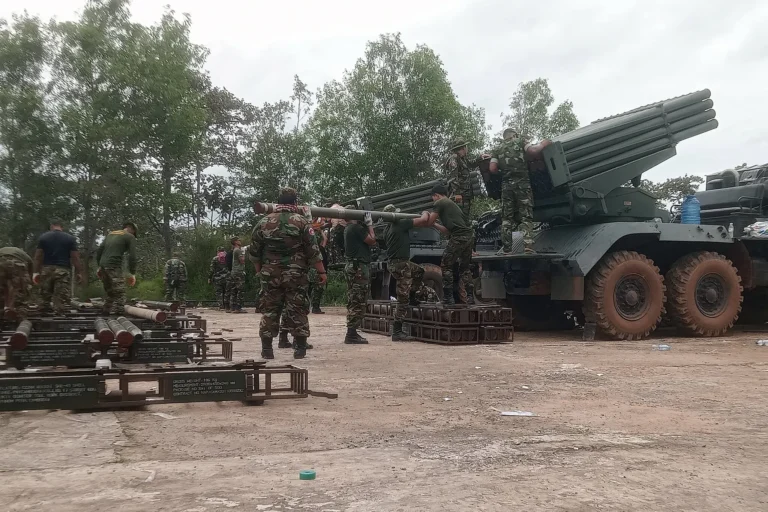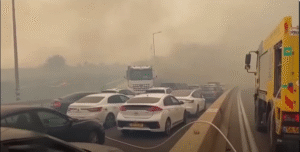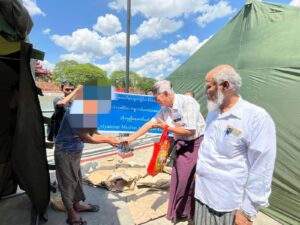April 23, 2025
Bangladeshi Prime Minister Muhammad Yunus has expressed hope for Rohingya Muslims to return to their homes in Myanmar, praying that they may celebrate the next Eid festival in their homeland. However, significant obstacles remain.
Ongoing Displacement Amid Conflict
Since Myanmar’s military coup in February 2021, escalating clashes between ethnic armed groups AA and the junta have forced more Rohingya to flee to Bangladesh. Currently, around one million Rohingya refugees remain in camps in Cox’s Bazar and on Bhasan Char Island.
Following talks in Bangkok between Bangladeshi and Myanmar representatives, Myanmar’s junta agreed to repatriate approximately 80,000 Rohingya refugees. However, Bangladesh’s Foreign Ministry spokesperson, Azad Majumder, called the move insufficient, stressing that repatriation cannot begin until Rakhine State is deemed safe.
Fresh Waves of Displacement
In 2024, renewed fighting between Myanmar’s military and the Arakan Army (AA) displaced another 70,000 Rohingya. UN Secretary-General António Guterres recently visited Cox’s Bazar, witnessing the refugees’ dire conditions firsthand. He urged increased humanitarian aid to Myanmar and emphasized the need for Bangladesh’s cooperation in facilitating returns.
Guterres also called for dialogue with the AA, acknowledging past difficulties but stating, “Necessary discussions must happen.” He further stressed the importance of international pressure to end violence and restore democracy in Myanmar.
Bangladesh Engages with Arakan Army
Bangladesh’s top Rohingya envoy, Khalilur Rahman, confirmed ongoing talks with the AA, which controls over 60% of Rakhine State. Under a 2018 bilateral agreement, Bangladesh continues verification processes for repatriation. Rahman expressed optimism about eventually resettling 180,000 Rohingya but admitted progress would be gradual.
Rohingya Demand Rights and Security
Human rights groups warn that without guarantees of citizenship and equality, Rohingya refugees will not return. Fortify Rights director John Quinley stated, “Rohingya distrust both the Myanmar military and the AA,” adding that forced repatriation under ongoing oppression would be unacceptable.
Nay San Lwin of the Free Rohingya Coalition urged Myanmar’s military to halt airstrikes and heavy weapon use, while calling on the AA to grant returnees permission to rebuild their lives.
International Focus on Repatriation
Bangladesh continues pushing for global attention on Rohingya repatriation, with plans for a high-level UN conference on the crisis. However, with Myanmar’s junta resistant to reforms and the AA’s role uncertain, a safe and dignified return remains a distant hope for the persecuted community.
(Reporting by Aungoo; Edited for clarity.)
